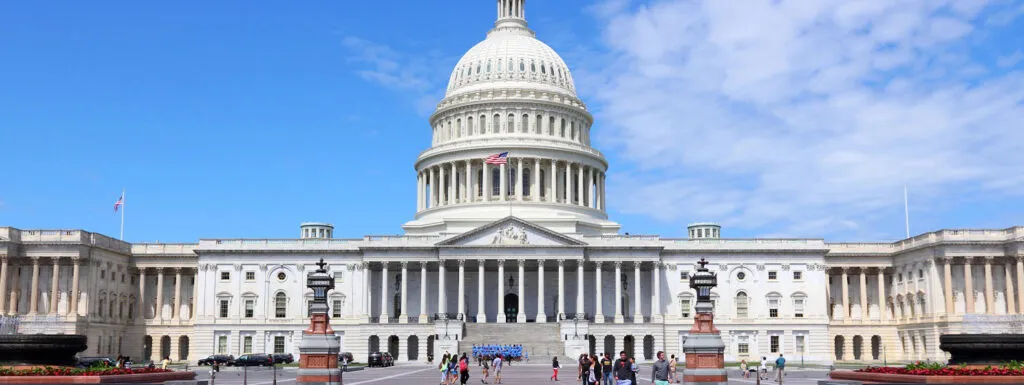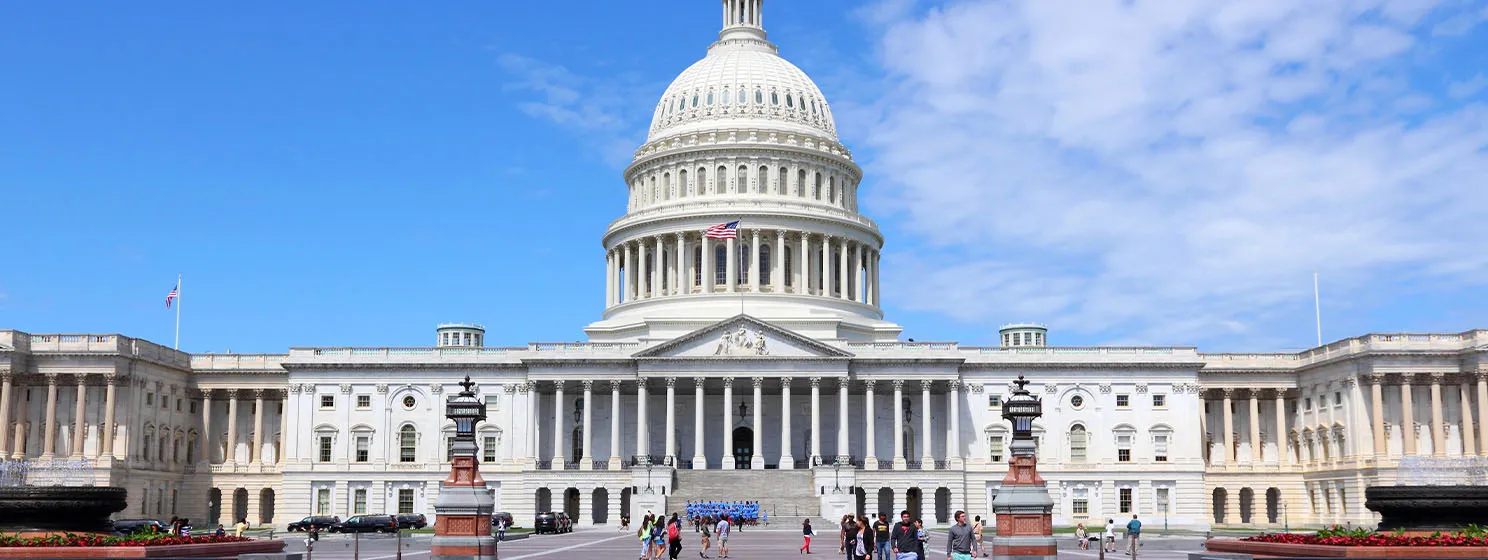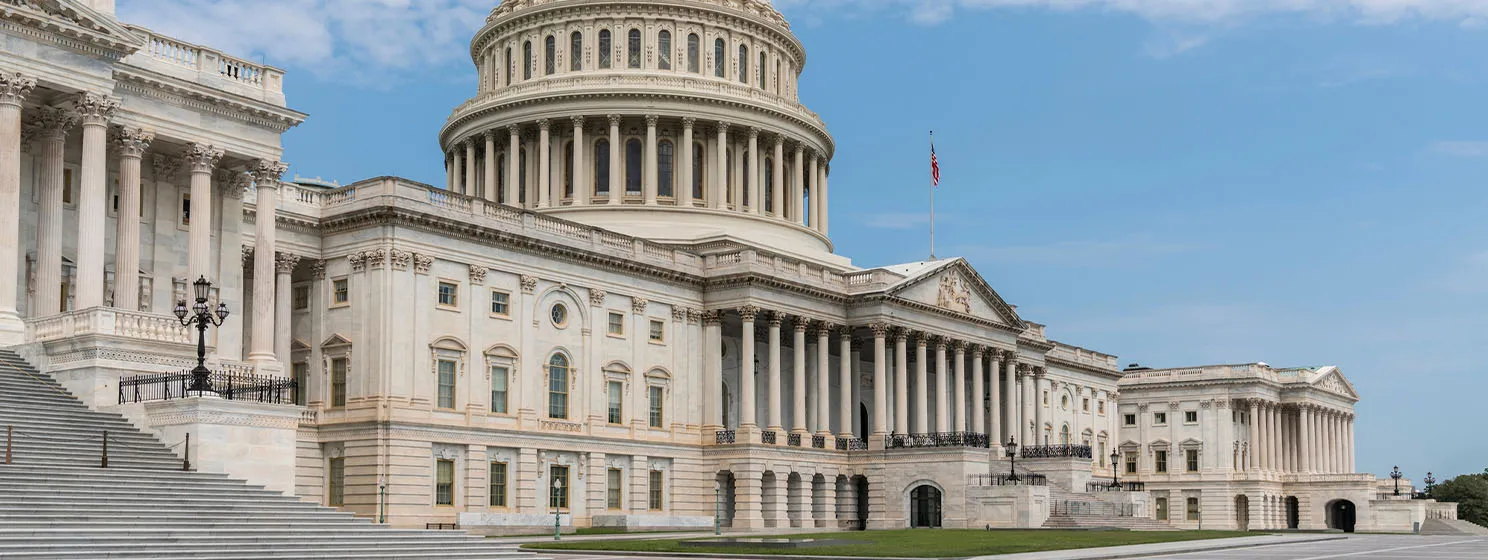
News
Tether can’t shake Celsius lawsuit; Bitfinex launches ‘stablechain’
Tether lost its bid to dismiss a claim by administrators of Celsius looking to claw back billions of dollars' worth...
Dr. Owen Vaughan explains why Bitcoin is green technology
Dr. Vaughan joins the CoinGeek Weekly Livestream to discuss BitRoot and how block reward mining can remain environmentally friendly and...
Congress ‘crypto week’ adds new event; Trump adds new token
In addition to the ongoing talks on 'crypto' legislation, the U.S. Congress will also discuss tax proposals as Senate leaders...
Malaysia to ease ‘crypto’ listing; Connecticut thwarts reserve
The Malaysian securities watchdog has proposed new laws allowing exchanges to list certain tokens without prior approval, but is tightening...
Bit Digital shifts from BTC mining to ETH staking
Bit Digital took the risk and shifted to ETH staking, capitalizing on Ethereum's growing role in the digital economy.
African blockchain startups outpaced VC landscape in 2024: report
Meanwhile, African leaders are calling for blockchain to be among the technologies in focus at the first G20 Leaders’ Summit...
Recent
Trending
Most Views

 07-12-2025
07-12-2025 





























